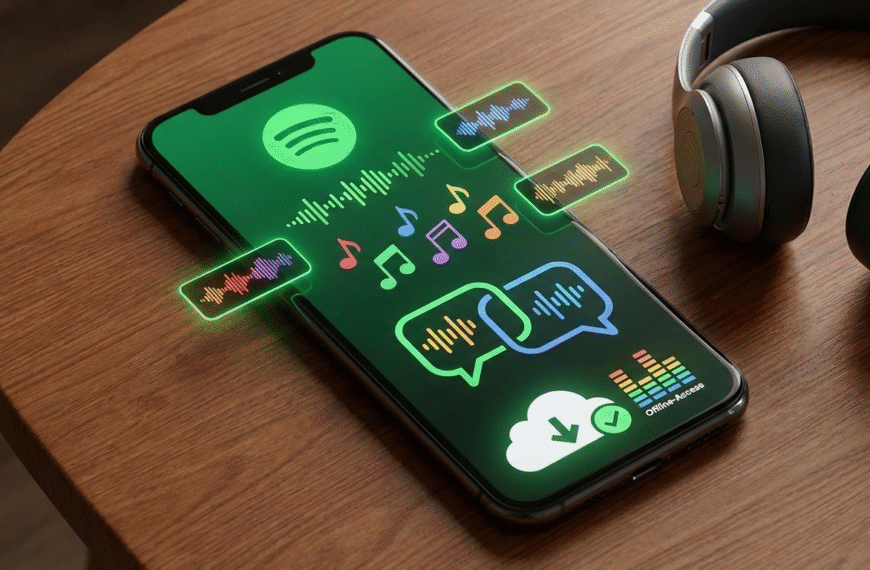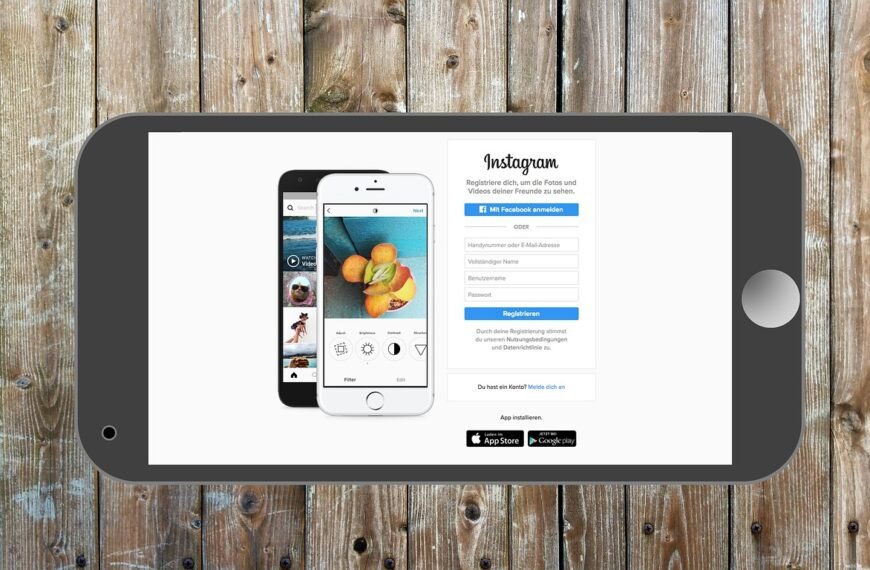In an era where artificial intelligence is becoming ubiquitous, a small but vocal group of professional are consciously rejecting AI tools in their work and personal lives. From environments concerns to fears about losing human connection, these holdouts are swimming against the tide of technological progress – but at what cost?
Sabine Zetteler, a London communications agency owner, embodies this resistance? “Why would I bother to read something someone couldn’t be bothered to write?” she asks pointedly. For Zetteler, who runs a 10-person team, using AI feels antithetical to her values of human creativity and social responsibility. She questions the purpose of AI-generated content, whether it’s news articles written by bots or songs composed by algorithms, seeing it as stripping away the human element that gives work meaning.
Environmental concerns are another major factor driving AI skepticism. Florence Achery, who owns a yoga retreat business, cites AI’s massive energy consumption as her primary reason for avoidance. “The environmental impact was awful with all the energy required to run data centers”, she explains. Research supports these concerns – a single ChatGPT query uses nearly ten times more electricity than a Google search, according to Goldman Sachs.
Beyond ecological worries, some resisters fear AI’s impact on human cognition. Seattle-based public affairs professional Sierra Hanson worries about losing critical thinking skills. “Our job as humans is to apply critical thinking”, she argues. “If you’re feeding simple tasks into ChatGPT, it’s doing the thinking for you”. Hanson sees over-reliance on AI as potentially diminishing our problem-solving abilities and creative capacities.
Yet resisting AI comes with professional risks. Jackie Adams (pseudonym), a digital marketer, initially avoided AI for both environmental and philosophical reasons. “I thought using it was lazy,” she admits. But when her colleagues began adopting AI tools and her budget was cut, she felt forced to comply. “If I don’t implement it into my work, I’m going to get left behind,” she realized. Adams’ experience highlights the difficult choice many face: stick to principles or risk career obsolescence.
Philosophy professor James Brusseau, who specializes in AI ethics, suggests the window for opting out may have already closed. “We’ll keep humans for decisions where we care about the reasoning,” he predicts, citing judges and doctors as examples. But for many other fields, from weather forecasting to anesthesiology, AI dominance seems inevitable.
For those like Adams who have reluctantly embraced AI, the transition comes with mixed feelings. While she now appreciates how AI can enhance her copywriting and photo editing, she laments the loss of control. “It’s snowballing, “she says of AI’s creeping influence into everything from Google searches to email summaries. The dilemma facing resisters is clear: in a world increasingly shaped by artificial intelligence, how long can anyone afford to say no?





















